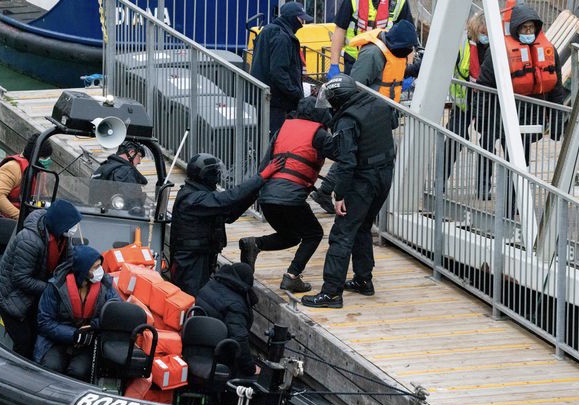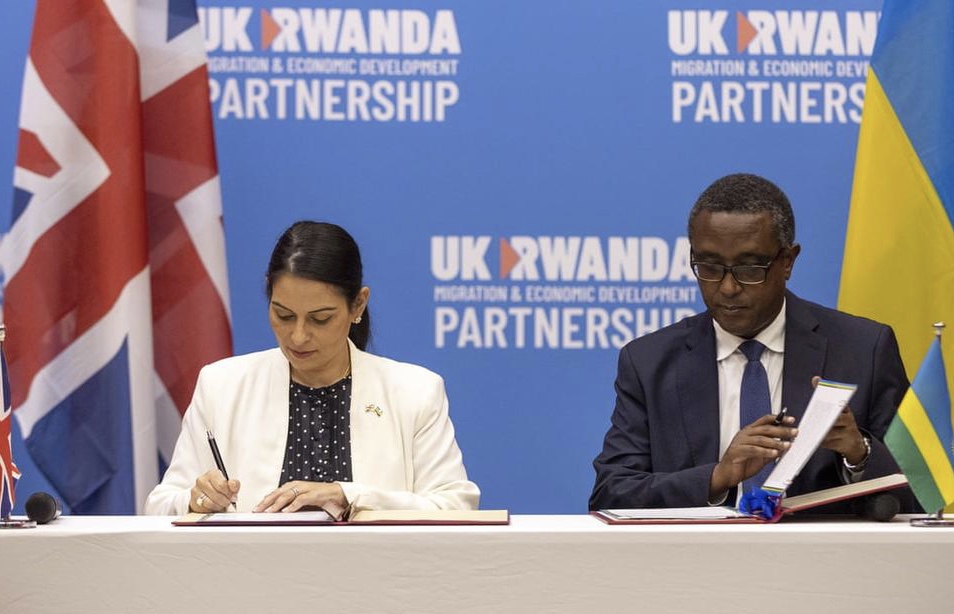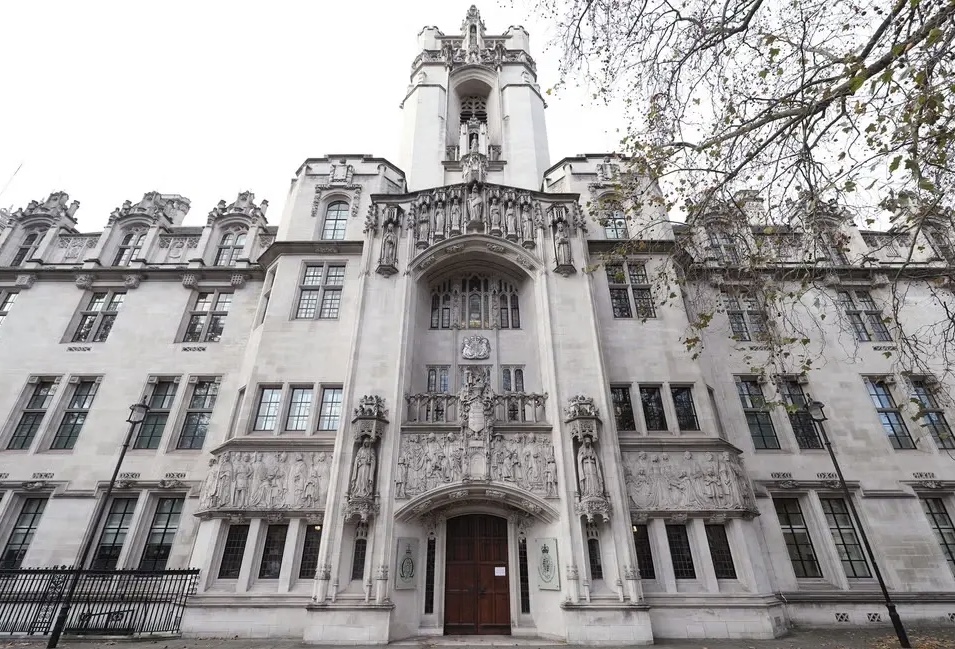In a new 40 page publication, the Institute for Public Policy Research (IPPR) report entitled ‘Charting new waters: A progressive policy response to the Channel crossings’, highlights the significant failings of the government’s migrant strategy, which it says is ‘driven by hostile rhetoric and impractical solutions designed to deter new arrivals’ and which so far says the report, ‘nothing seems to have worked’.
The IPPR, which describes itself as the UK’s pre-eminent progressive think tank, ‘which has helped shape national conversations and progressive policy change for over thirty years’, urges the government to adopt a better managed and fairer asylum system, which should:
The government needs to ‘respect the rights and dignity of people crossing the Channel’
‘be evidence based and demonstrate value for money; it should respect the rights and dignity of people crossing the Channel; it should guard against racial discrimination; and it should uphold the rule of law and foster international cooperation’
The report sets out to address what it regards as the ‘central weaknesses in the UK’s existing asylum system’ and criticises the ‘large backlog of claims, the ineffective system of returns, and the costly use of hotels to accommodate asylum seekers’ and proposes a new set of ‘practical, feasible measures’ which will both manage the recent surge in small boat arrivals, while ‘addressing the multiple pressures facing the government on asylum.’
Central to the reports proposals is the need to create safe and accessible routes for people seeking asylum and what they describe as ‘a more ambitious approach to negotiations with France and the EU – which should lead to a fair framework in terms of the responsibilities for processing individual asylum claims.
Human rights organisations continue to challenge the governments failure to share responsibility with other countries to receive people into the asylum system
The proposals echo the demands made in an Amnesty International statement, issued following the English Channel Migrant Disaster last November – which cost dozens of lives after a boat carrying 440 migrants capsized and sank in the English Channel.
At the time Steve Valdez-Symonds, Amnesty International UK’s Refugee and Migrant Rights Director, said:
‘In the wake of the devastating tragedy at the Channel yesterday, the UK Government must urgently take decisive action to prevent more loss of life.The UK must make it a priority to share responsibility with other countries to receive people into its asylum system – they must do this by providing safe and legal routes and encourage others to do the same.A

We must remember that dangerous journeys take place because the Government provides no safe alternative for people to exercise their right to seek asylum here…The UK’s failure to play its part in providing protection to people who are fleeing conflict and persecution is even more distressing at a time when the Home Office is trying to push through its draconian Nationality and Borders Bill…If the Government is truly concerned with tackling these gangs and their abuse of people, they must set up safe asylum routes, so people no longer need to depend on smugglers.
We desperately need a new approach to asylum – including genuine Anglo-French efforts to devise safe asylum routes, a major overhaul of the painfully slow applications system, an end to the use of dangerous and unsuitable accommodation facilities like Napier Barracks, and a political approach based on real humanity.’
All indications are that our current government is unwilling to shift from its ‘hostile’ approach. It is eagerly awaiting the result of its case in the Supreme Court – due sometime in the next few days, which it hopes will overturn the decision by the court of appeal in June this year, which ruled that plans to deport asylum seekers to Rwanda are unlawful.

Dismissing any proposed ‘fairer, practical and feasible’ alternatives, Home Office spokespersons have argued that:
‘Their migration partnership with Rwanda will prevent more lives from being put at risk in the channel’
Undeterred from their current course of action, they added the caveat that ‘illegal migration is a complex, global issue, and one which requires fresh solutions’

















